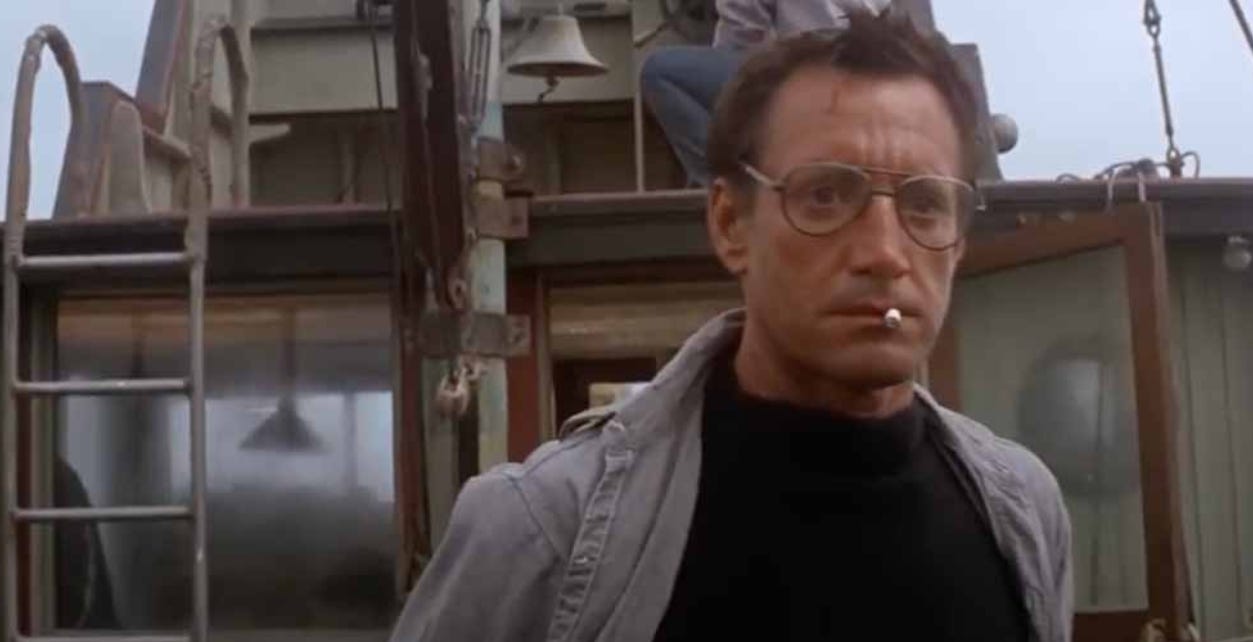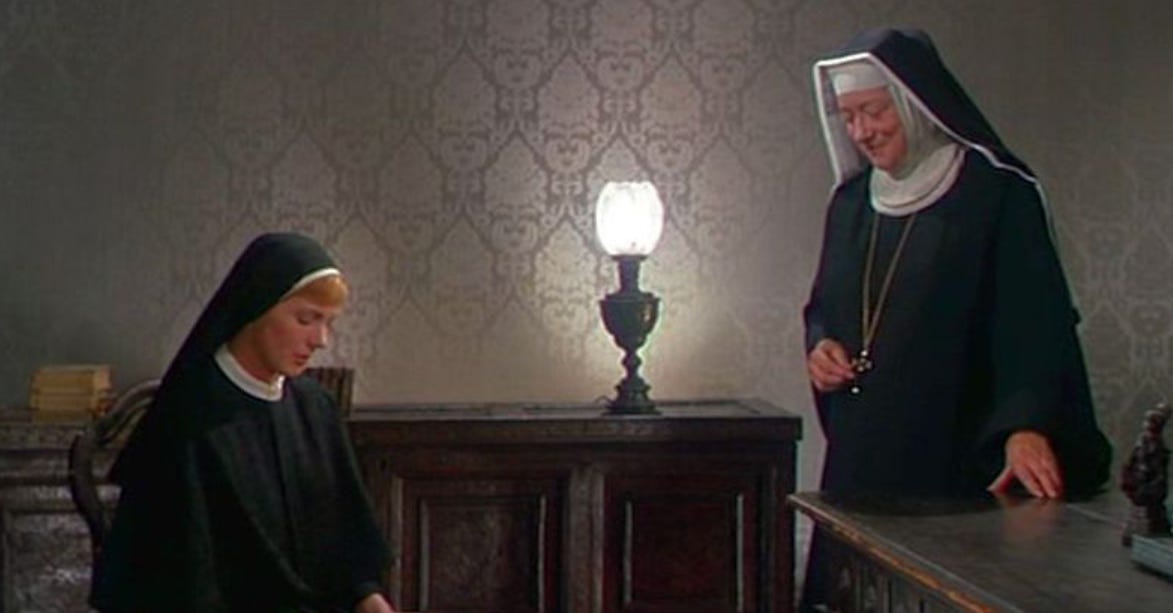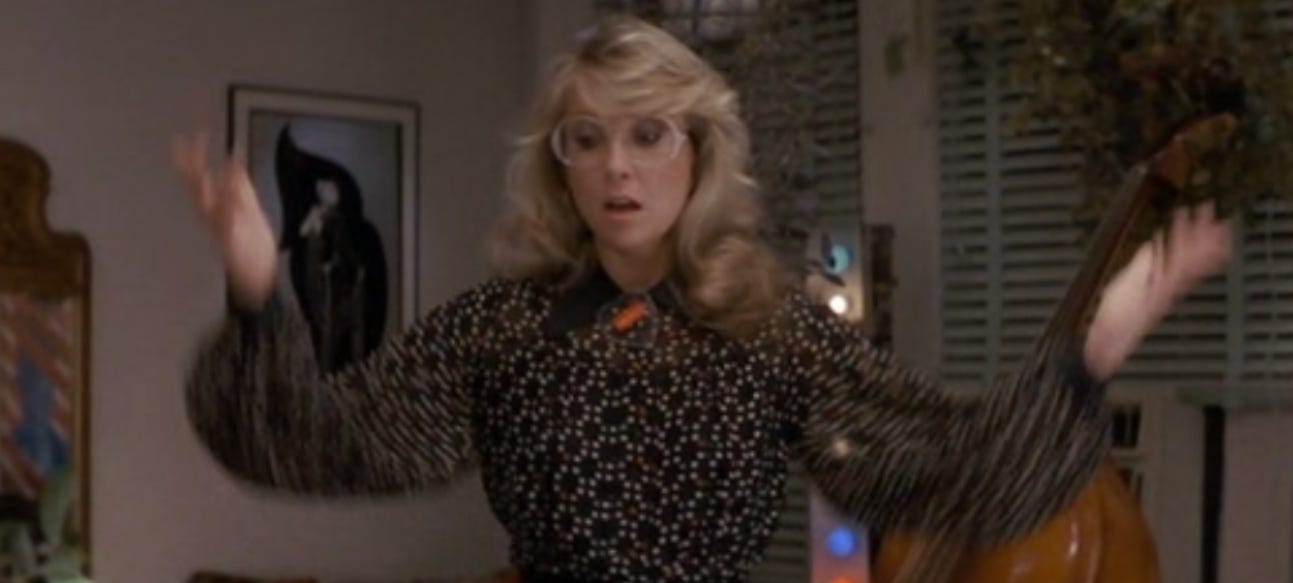I'm Calling It: It's Officially Pointless to Try to Break In As a Writer Using Traditional Methods
But when God closes a door, He opens a window.
For several years now, I’ve been writing about how tough it is right now to make a living as a creative person, especially as a writer of books or screenplays.
Almost two years ago, I wrote: “It's Not You. It's Really, Really Hard to Get a Major Book or Movie Deal Right Now.”
A few months later, I asked: “Is It Still Worth It for Writers to Put Up with All the Bullshit?”

I admit that mine was a fairly pessimistic take. At the time, it was something of an open question how much of the dire creative landscape had to do with changes in technology and shifting business models — and how much of it had to do with the Hollywood writers’ strike and Covid.
After all, maybe things would eventually go back to normal?
But they didn’t. It really was all about those technological changes, and they have now completely disrupted the book and movie industries.
In fact, things are so utterly transformed that I’m making a bold pronouncement:
It’s now essentially pointless for aspiring writers to try to break into either industry using any traditional method.
I think the evidence for my pronouncement is overwhelming.
In Hollywood, querying producers, agents, or managers has long been a long shot. But recently, even “for pay” services that claimed to offer access to Hollywood insiders — screenplay contests and sites where you pay to list your vetted project — have been shutting down en masse.
To be sure, the actual worth of these various services was always suspect. But it seems noteworthy that even the folks selling mostly false hopes are admitting outright that things are so dire in Hollywood right now that you can’t even pay someone to consider your project.
It’s worth mentioning that experienced, employed screen and TV writers are also being fired en masse. The entire Hollywood filmmaking ecosystem is in free fall.

Hard numbers are harder to come by in the mysterious world of New York Publishing, but grim anecdotes abound, and one thing is certain: AI-created novels are coming at us fast — even before the arrival of AI-generated feature films.
Oh, and attention spans are collapsing; due to our phones and social media, people are reading fewer and fewer books.
So the situation is hopeless, right? To quote Roy Scheider in Jaws, “You’re gonna need a bigger boat.”
On one hand, these trends are all fairly terrifying. I’m especially concerned about AI and the whole “declining attention spans” thing.
Plus, I love books and movies, and I hate to see their heyday fading away.
But weirdly, I’m not that upset by the current creative status quo. In a way, I’m even kind of excited.
That’s partly because the existing book and movie industries have become so unbelievably insular. They also create far too much derivative crap.
Ironically, these “disruptive” new technologies often do a far better job of finding and promoting original writers.
To be clear, there’s plenty of derivative crap on Substack and YouTube, but there’s also some truly interesting stuff. I’m less excited by what self-publishing has become, but that's a viable option now too.
Better yet, all these new technologies have finally given determined writers like me a consistently decent income. Even better, we’re in charge — no longer at the mercy of corporate folks who don’t really have our career or even our creative interests at heart.
In other words, to quote Julie Andrews in The Sound of Music, “When the Lord closes a door, somewhere He opens a window.”
For many writers, these new technologies have been the window.
All this means the advice I give to aspiring writers has changed: don’t bother with sample scripts anymore, or queries to producers, or literary conferences, or even trying to get an agent for your novel. Those “old school” methods are simply not how most writers find success in 2025.
Instead, you should just…create.
Writing success used to be about the hustle of desperately trying to interest some indifferent-to-hostile gatekeeper in your work; now it's about the hustle of selling that work directly to the audience.
Pick a platform that best suits your particular talents — whether it’s YouTube for video, or self-publishing for fiction, or Substack for some combination of the two. And then try to prove there really is an audience for whatever you have to offer.
To (mis)quote Teri Garr in Tootsie, “You’re responsible for your own orgasm.”
But you still want to attract the interest of someone in Hollywood or New York Publishing, you say?
Ironically, creating your own online success is now almost certainly the best way to do that. But this way, they’ll come to you. And at this point, they won't be indifferent or hostile.
And if that movie producer or publishing editor never does come calling?
Well, you’ll still be on a bigger boat with the window open, having the best, most satisfying orgasm of your life.
See also…
The Secrets to Being a Successful Writer
How Do You Successfully Self-Publish Your Book?
Brent Hartinger is a screenwriter and author. Check out his other newsletter about his travels at BrentAndMichaelAreGoingPlaces.com.





Yeah, once again we agree to agree. Too much derivative crap is right. AI is upsetting everything, mostly for the worst. Attention spans are pathetic, thanks to TV, video games, internet, and bad teachers and parents. And it’s always been tough for writers (good ones), and even more so now.
I’ve written four books, three of them self-published. I’m no Hemingway, but like every writer, I once held a distant hope for a movie script to be proffered. Forget it. Like Hemingway said, “Writing for yourself is self-serving. Writing for others is pandering. You write for the thing that needs said.”
Good piece. I wonder if just about everything is pointless given where we are going in the U.S.